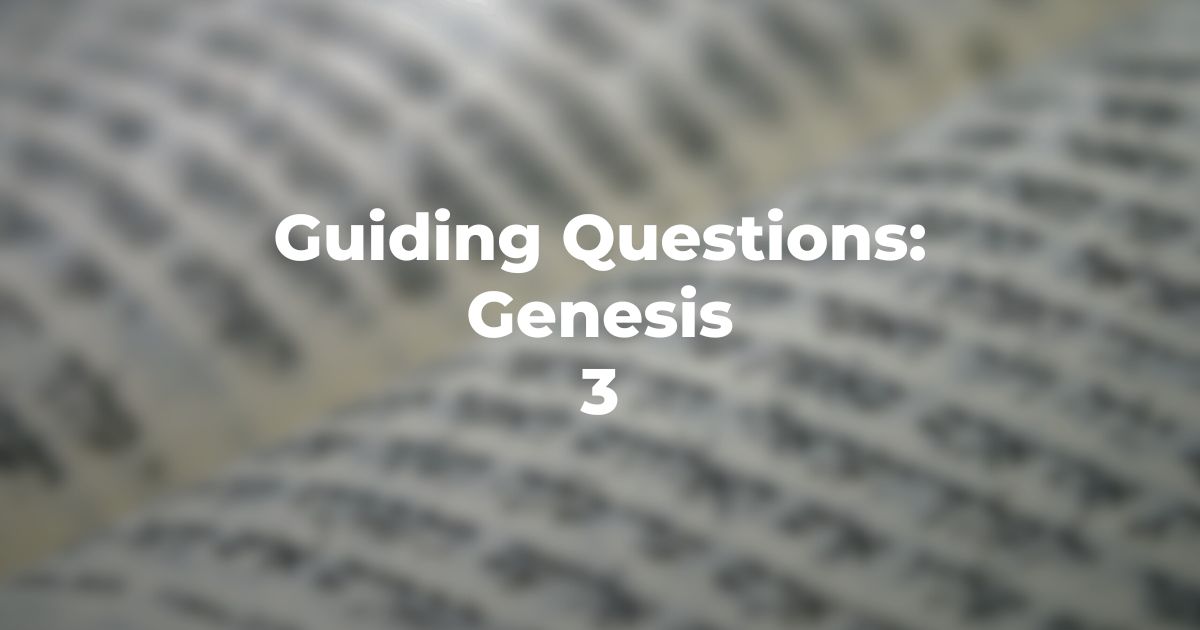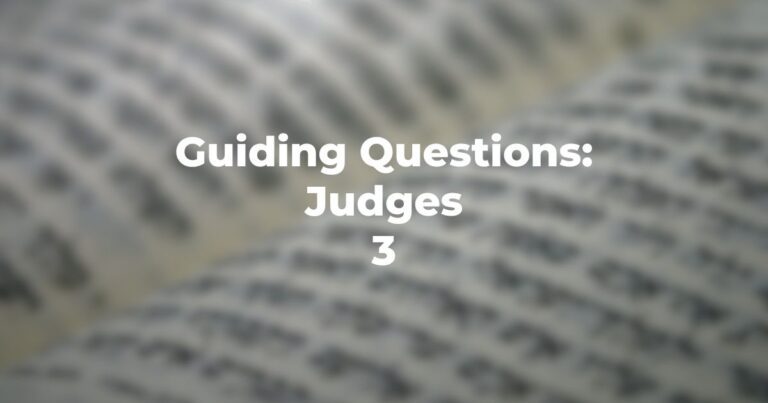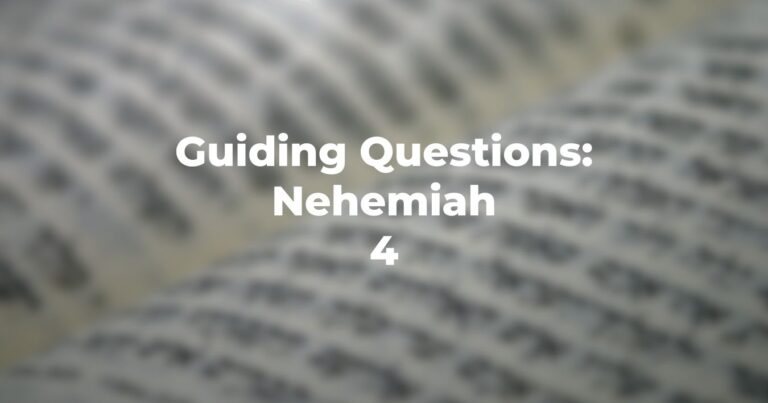- What is the double meaning for the Hebrew word “arum” (or “arumim”), these words appearing in Genesis 2:25 and Genesis 3:1?
- How would the woman know of the prohibition regarding the “tree of the knowledge of good and evil” – is it assumed that she was so told by the man?
- In the statement by the nahash, what “power” is ascribed to the “tree”?
- Why would the woman have come to conclude that the tree was “tasty”, “attractive to the eyes” and “useful for wisdom”? What had changed from the prior situation; was it the statement of the nahash?
- In Genesis 3:6, there is reference to the fact that she gave from the fruit to her husband (or the man) – does this mean he was unaware of the prior dialogue which was set down?
- In verse 8, is the word “kol” a “voice” or “the sound of Divinity walking in the garden”?
- And what name is used to describe Divinity (consistently) in this narrative?
- Is it possible that Divinity would not know how it was that humanity (or Adam and his wife) knew now that they were naked – or is there some other purpose to this observation (Genesis 3:11)?
- Whereas Divinity is described as questioning both the man and the woman – is there any question to the nahash or is there rather, a statement?
- According to earlier verses, if the fruit of the tree was eaten the eater would die. In the verses which follow 16, is death the punishment or something other?
- Is Genesis 3:17 to be understood that it is “improper or forbidden” to listen to the wife or is that simply an introduction to the punishment described?
- Would Genesis 3:19 indicate that, prior to eating from the tree, there was “no death” but eternal life – and is this what is meant by the earlier statement that “when you eat from the tree you shall surely die”?
- Is there any response recorded by Adam or his wife?
- The woman is described as the “mother of all life”. Is there a similar description for the man as the “father of all life” – and is this omission happenstantial or deliberate?
- What would Genesis 3:21 show as to the concern of Divinity for humanity, transgression aside?
- Gensis 3:22 is in the plural. To whom would Divinity be speaking, according to the narrator?
- What is the concern of humanity now, knowing the difference between good and bad?
- What power is ascribed to the “tree of life”?
- How would this passage (Genesis 3:22) be understood in terms of the infinite power of Divinity or did the author have such infinite power in mind at this juncture?
- In Genesis 3:24, does the text define what the “kruvim” might be and/or the “flaming turning sword” – and why have these been positioned?
- And, in this narrative, is there any indication that the Garden of Eden no longer exists or that the trees no longer exist?
- Or is the entire narrative a mythical description of the role of valuation (in place of simple acceptance of things as they are and not valuating), explaining how “the world came to be” in terms of human relationships – or does it have some other purpose?
Author
-

Exploring Judaism is the digital home for Conservative/Masorti Judaism, embracing the beauty and complexity of Judaism, and our personal search for meaning, learning, and connecting. Our goal is to create content based on three core framing: Meaning-Making (Why?), Practical Living (How?), and Explainers (What?).
View all posts




